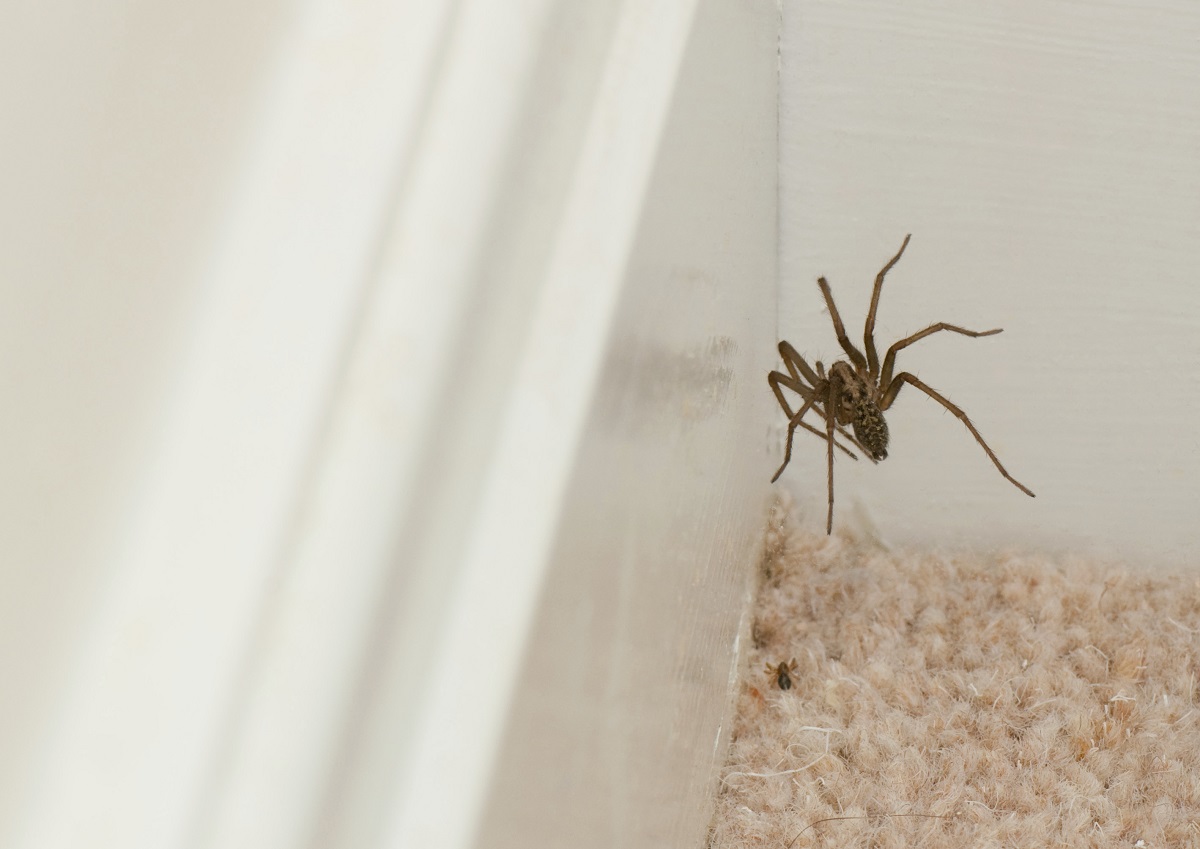

Articles
How To Get Rid Of Basement Bugs
Modified: January 6, 2024
Looking for effective strategies to eliminate basement bugs? Check out our informative articles for expert tips and advice on getting rid of pesky insects in your basement.
(Many of the links in this article redirect to a specific reviewed product. Your purchase of these products through affiliate links helps to generate commission for Storables.com, at no extra cost. Learn more)
Introduction
Welcome to the ultimate guide on how to get rid of basement bugs. Whether you’re dealing with creepy crawlies like spiders and centipedes, or pesky critters like silverfish and earwigs, a bug infestation in your basement can be a major nuisance. Not only can these bugs cause damage to your property, but they can also pose health risks and make your living space uncomfortable.
Basements provide the perfect environment for bugs to thrive. They are dark, humid, and often have plenty of hiding places, making them an ideal habitat for various types of insects and pests. However, with the right knowledge and strategies, you can take control of the situation and eliminate these unwanted guests from your basement.
In this comprehensive guide, we will explore the common types of basement bugs, the signs of infestation, prevention tips to keep them at bay, natural remedies you can try at home, and professional extermination options. By the end of this article, you will have the tools and information needed to reclaim your basement and restore peace to your home.
So, let’s dive in and get started on getting rid of those basement bugs once and for all!
Key Takeaways:
- Takeaway 1: Don’t let basement bugs take over your home! Identify, prevent, and eliminate common pests like spiders, silverfish, and rodents using natural remedies and professional extermination options for a bug-free living space.
- Takeaway 2: Keep your basement bug-free with proactive prevention tips like sealing entry points, regular cleaning, and natural remedies such as diatomaceous earth and essential oils. Take control of the situation and reclaim your space!
Read more: How To Get Rid Of Bugs On Mums
Common Types of Basement Bugs
Basements are known to attract a variety of bugs due to their dark and damp environment. Understanding the common types of basement bugs can help you identify and deal with the infestation more effectively. Here are some of the most common ones:
- Spiders: Spiders are often found lurking in basements, building their webs in corners or around stored items. While most spiders are harmless, some species like black widows or brown recluses can pose a threat.
- Silverfish: These small, silver-grey insects are attracted to moisture and feed on starchy materials like paper, wallpaper glue, and cardboard. You may spot them scurrying across the floor or around damp areas.
- Centipedes: Known for their numerous legs, centipedes seek shelter in basements where they can find darkness and humidity. They feed on insects, so their presence can indicate an underlying bug problem.
- Earwigs: These nocturnal insects have elongated bodies with pincers at the end. They are attracted to damp areas and can often be found hiding in cracks or crevices.
- House Beetles: Common house beetles, such as carpet beetles or ladybugs, may find their way into your basement. While ladybugs are harmless, carpet beetles can cause damage to fabrics and materials.
- Ants: Although ants are primarily attracted to food sources, they can also infest basements in search of moisture or shelter. Carpenter ants, in particular, can cause structural damage as they nest within wooden structures.
- Rodents: While not insects, rodents like rats or mice can also find their way into basements, especially during colder months. Their presence not only poses health risks but can also lead to property damage.
These are just a few of the common types of basement bugs you may encounter. Identifying the specific bug infestation in your basement will help determine the appropriate course of action for eradication.
Signs of Basement Bug Infestation
Identifying the signs of a basement bug infestation is crucial in order to take timely action and prevent the problem from worsening. Here are some common signs that indicate you may have a bug problem in your basement:
- Increased Bug Sightings: The most obvious sign of a bug infestation is the visible presence of insects in your basement. If you notice an influx of spiders, silverfish, centipedes, or other bugs, it’s a clear indication that you have a problem.
- Webbing and Egg Casings: Spiders often leave behind their webs and egg sacs, which can be found in corners, crevices, or on stored items. Keep an eye out for these silky webs and small white structures.
- Damaged or Chewed Items: Some bugs, like silverfish or rodents, may cause damage to stored items. Look for signs of chewed cardboard boxes, shredded paper, or gnaw marks on wooden objects.
- Unpleasant Odors: Certain bug infestations can create foul odors in your basement. For example, a large population of ants or rodents may result in a noticeable smell due to their droppings or urine.
- Visible Droppings: Insects like silverfish, centipedes, or rodents leave behind droppings that serve as telltale signs of an infestation. Check for small pellets or tiny dark-colored droppings near their hiding spots.
- Damage to Structures: Carpenter ants or termites can cause damage to wooden structures in your basement. Look for hollow-sounding wood, piles of sawdust-like material (frass), or discarded wings from swarmers.
- Allergic Reactions or Bites: In some cases, bug bites or allergenic reactions may be evident if you are being bitten or if you have allergies to certain insects like spiders or silverfish.
If you notice any of these signs in your basement, it’s important to take immediate action to eliminate the infestation and prevent further damage or health risks.
Prevention Tips
Preventing basement bug infestations is key to maintaining a clean and bug-free living space. By implementing these prevention tips, you can minimize the chances of bugs making their way into your basement:
- Seal Entry Points: Inspect and seal any cracks, gaps, or openings in your basement walls, foundation, or windows. This will prevent bugs from finding easy entry into your home.
- Keep the Basement Dry: Moisture attracts bugs, so it’s important to address any sources of dampness in your basement. Use a dehumidifier to keep humidity levels low, fix any leaks or water seepage, and ensure proper ventilation.
- Regular Cleaning: Keep your basement clean and organized to make it less appealing to bugs. Vacuum regularly to remove debris and crumbs, and promptly clean up any spills.
- Proper Storage: Store items in sealed plastic containers rather than cardboard boxes, as bugs can easily chew through cardboard. Make sure to regularly inspect stored items for signs of infestation.
- Remove Clutter: Eliminate clutter in your basement as it provides hiding spots for bugs. Keep the area free from unnecessary items that can attract pests.
- Outdoor Maintenance: Trim vegetation around your home and ensure that tree branches or shrubs are not touching the exterior walls. This will make it harder for bugs to access your basement.
- Proper Garbage Disposal: Keep garbage cans tightly sealed and dispose of waste regularly. Bugs are attracted to food sources, so proper garbage management is essential.
- Regular Inspections: Conduct regular inspections of your basement to catch any signs of bug activity early on. This will allow you to take prompt action before a minor problem turns into a major infestation.
By implementing these prevention tips, you can significantly reduce the likelihood of a basement bug infestation and maintain a clean and bug-free environment in your home.
Seal any cracks or openings in the basement walls and floors to prevent bugs from entering. Use caulk or weather stripping to seal gaps around windows, doors, and utility penetrations.
Natural Remedies for Basement Bugs
If you prefer to take a more natural approach to eliminate basement bugs, there are several effective remedies you can try. These natural methods can help you get rid of the infestation without relying on harsh chemicals. Here are some natural remedies for basement bugs:
- Diatomaceous Earth: Diatomaceous earth is a fine powder made from the fossilized remains of diatoms. Sprinkle it in areas where bugs are likely to travel, such as cracks, crevices, or along baseboards. The powder will stick to their bodies, causing them to dehydrate and die.
- Essential Oils: Certain essential oils have insect-repellent properties and can help deter bugs. Peppermint oil, eucalyptus oil, and lavender oil are known to repel spiders, ants, and other pests. Mix a few drops of the essential oil with water, and spray the solution around your basement.
- Citrus Peels: Bugs dislike the smell of citrus. Place citrus peels, such as orange or lemon peels, near bug-prone areas in your basement. The strong odor will deter them from entering or staying in the area.
- Vinegar: Vinegar is a versatile ingredient that can be used to repel bugs. Create a solution of equal parts vinegar and water, and use it to wipe down surfaces in your basement. This will not only help repel bugs but also eliminate any trails or pheromones they may have left behind.
- Clove and Bay Leaves: The strong scent of cloves and bay leaves can repel pests like spiders and silverfish. Place these natural repellents in muslin bags or small containers and distribute them in your basement.
- Boric Acid: Boric acid is an effective natural insecticide that can be used to eliminate bugs like silverfish and cockroaches. Sprinkle boric acid powder in areas where bugs are present, but be cautious as it may be toxic to pets and children.
- Salt: Salt acts as a dehydrating agent and can help kill bugs. Sprinkle salt in cracks, crevices, and other bug-infested areas. This method is particularly effective for deterring slugs and snails.
While these natural remedies can help control basement bug infestations, it’s important to note that they may not be as potent as chemical pesticides. If the infestation persists or becomes severe, it might be necessary to seek professional extermination.
Remember to always follow instructions and safety precautions when using natural remedies, and test them in small areas to ensure they don’t cause any damage to surfaces or materials in your basement.
Read more: How To Get Rid Of Pantry Bugs
Professional Extermination Options
In some cases, a professional exterminator may be necessary to effectively eliminate a basement bug infestation. These professionals have the expertise, experience, and tools to tackle the problem and ensure thorough eradication. Here are some professional extermination options to consider:
- Pest Control Services: Hiring a reputable pest control company is a popular option for dealing with basement bug infestations. These professionals will assess the extent of the infestation, identify the type of bugs present, and develop a customized treatment plan to eliminate them. They may use a combination of methods, such as insecticides, baits, or traps, to effectively eradicate the pests.
- Exclusion Techniques: Professional exterminators can also employ exclusion techniques to prevent bugs from entering your basement in the first place. They will identify and seal any potential entry points, ensuring that bugs cannot find their way inside.
- Heat Treatments: Heat treatments involve raising the temperature in your basement to a level that is lethal for bugs. Professional exterminators use specialized equipment to perform heat treatments, effectively killing bugs at all stages of their life cycle.
- Fumigation: In extreme cases or for certain types of pests, fumigation may be necessary. This process involves sealing off the area and releasing a gaseous pesticide to eliminate bugs. Fumigation should only be carried out by trained professionals due to its potential hazards.
- Integrated Pest Management (IPM): Some exterminators may employ an Integrated Pest Management approach, which focuses on long-term prevention and environmentally-friendly methods. IPM strategies may include using non-toxic techniques, such as physical barriers or biological controls, to manage the bug infestation.
It’s important to choose a reputable and licensed extermination company to ensure that the job is done safely and effectively. Be sure to inquire about their methods, guarantees, and any potential risks or precautions associated with the treatment.
Keep in mind that professional extermination services may come at a cost, and the price can vary depending on the size of your basement, the severity of the infestation, and the specific methods used. However, investing in professional extermination can save you time, frustration, and the potential for further damage caused by the infestation.
Conclusion
Dealing with a basement bug infestation can be a frustrating experience, but with the right knowledge and strategies, you can successfully get rid of these unwelcome pests. This comprehensive guide has provided you with valuable information on how to identify common types of basement bugs, recognize signs of an infestation, and implement prevention measures to keep them at bay.
By following the natural remedies outlined in this article, you can take a more eco-friendly approach to eliminate basement bugs without resorting to harsh chemicals. However, if the infestation persists or becomes severe, it may be necessary to seek the assistance of professional exterminators who have the expertise and tools to eradicate the problem effectively.
Remember, prevention is key. Taking proactive measures such as sealing entry points, keeping the basement dry, and maintaining cleanliness can go a long way in preventing bug infestations. Regular inspections and prompt action at the first sign of a problem can save you from larger headaches down the line.
Lastly, if you decide to tackle the infestation yourself, remember to prioritize safety. Read and follow the instructions of any products or remedies you use, and take necessary precautions to protect yourself from potential hazards.
With the knowledge and strategies provided in this guide, you are well-equipped to reclaim your basement from bugs and create a clean and bug-free living space. Don’t let these pesky invaders take away your peace of mind – take action and enjoy a bug-free basement once again!
Frequently Asked Questions about How To Get Rid Of Basement Bugs
Was this page helpful?
At Storables.com, we guarantee accurate and reliable information. Our content, validated by Expert Board Contributors, is crafted following stringent Editorial Policies. We're committed to providing you with well-researched, expert-backed insights for all your informational needs.
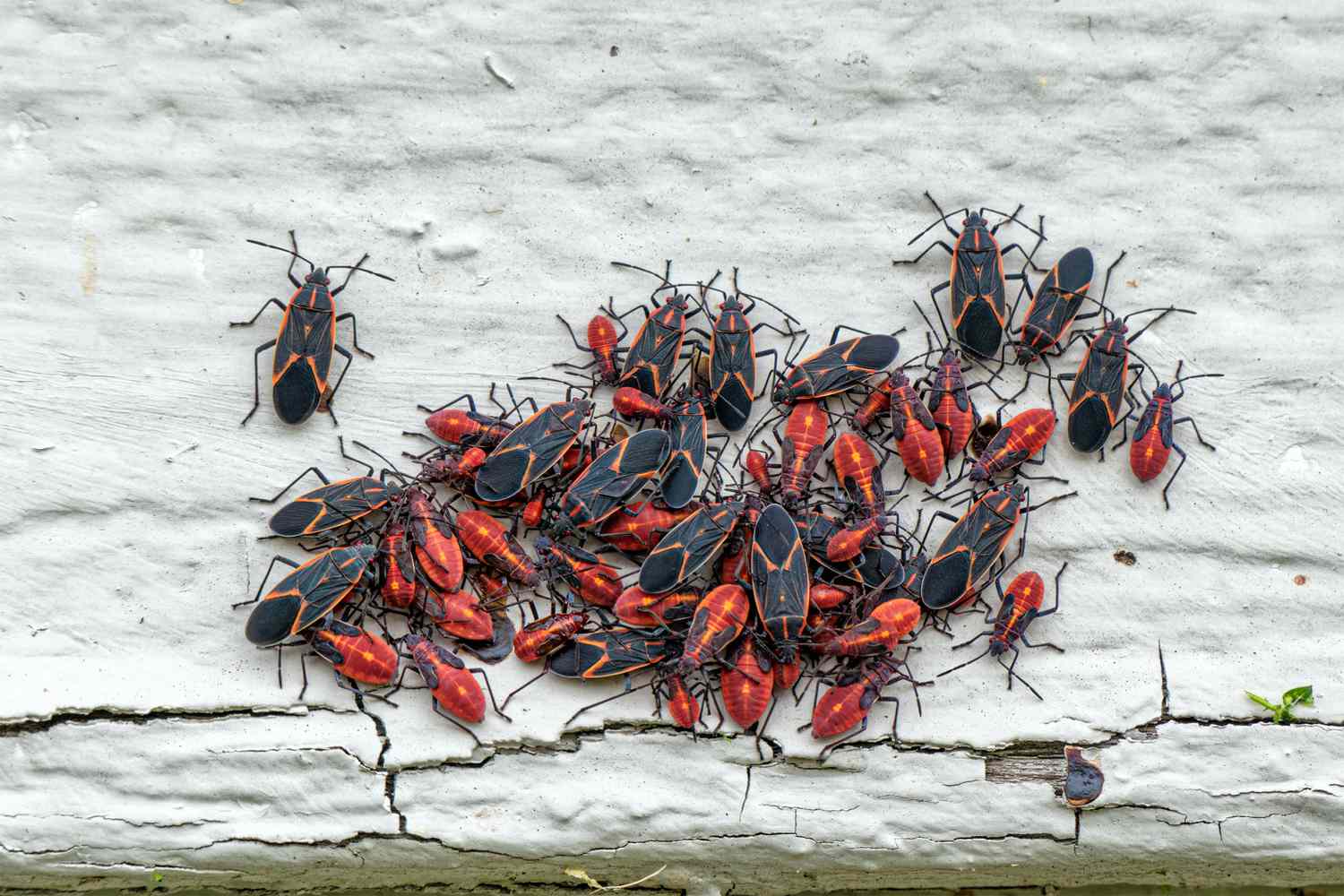

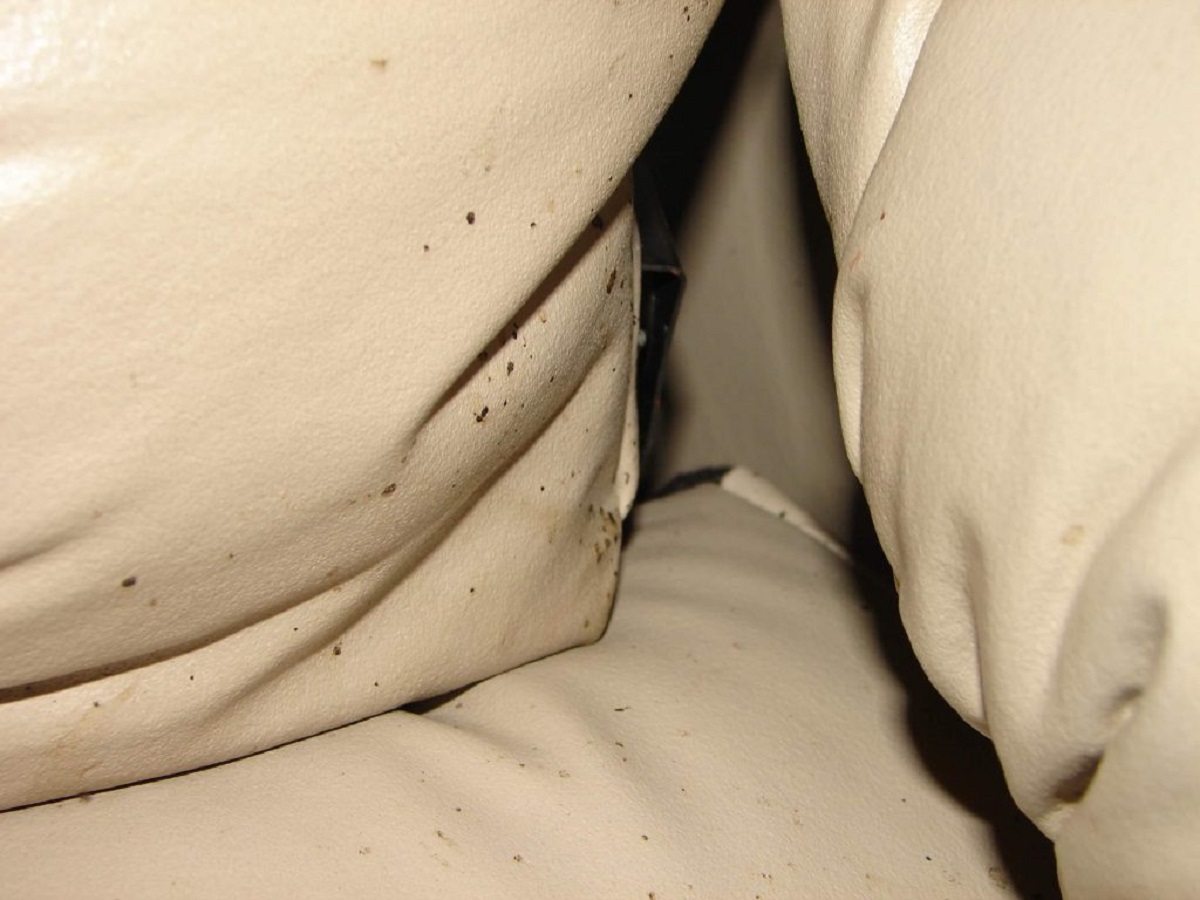
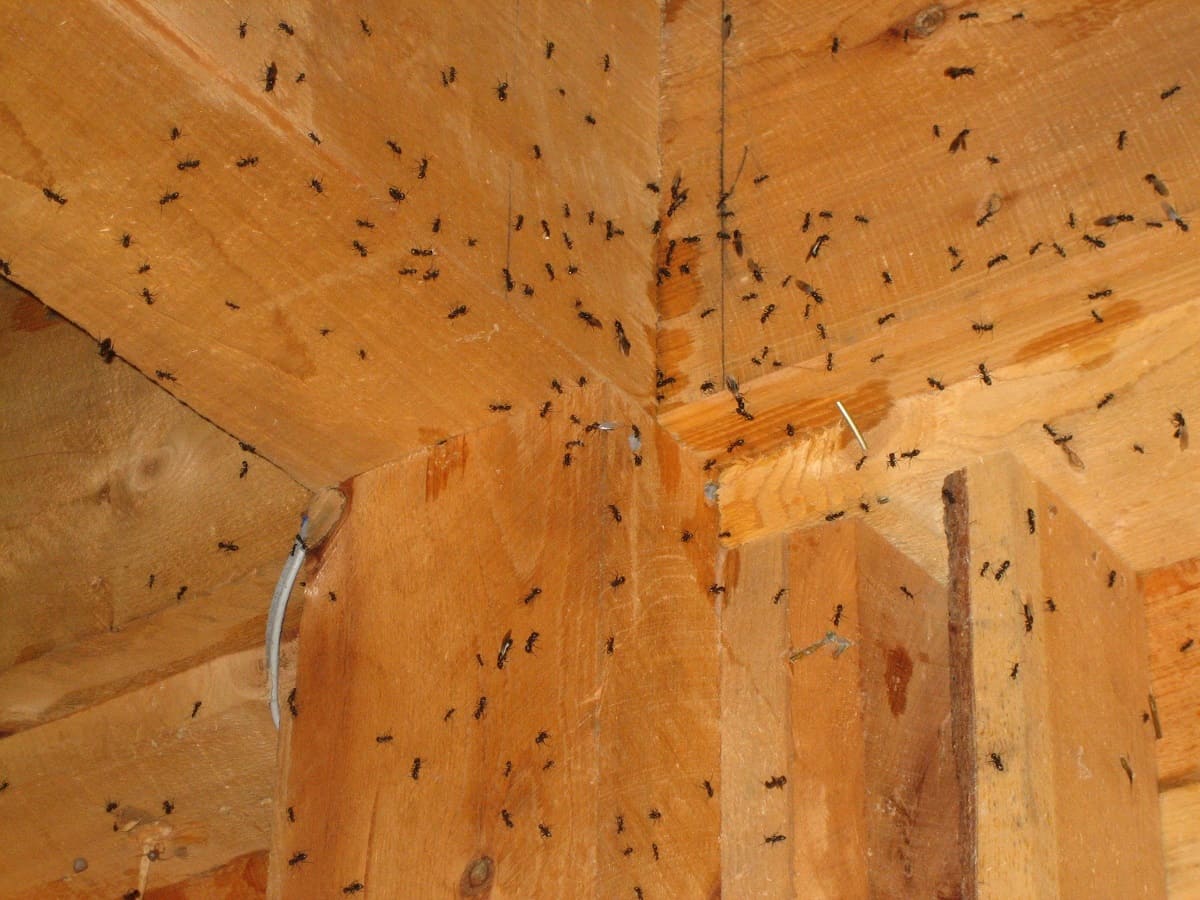
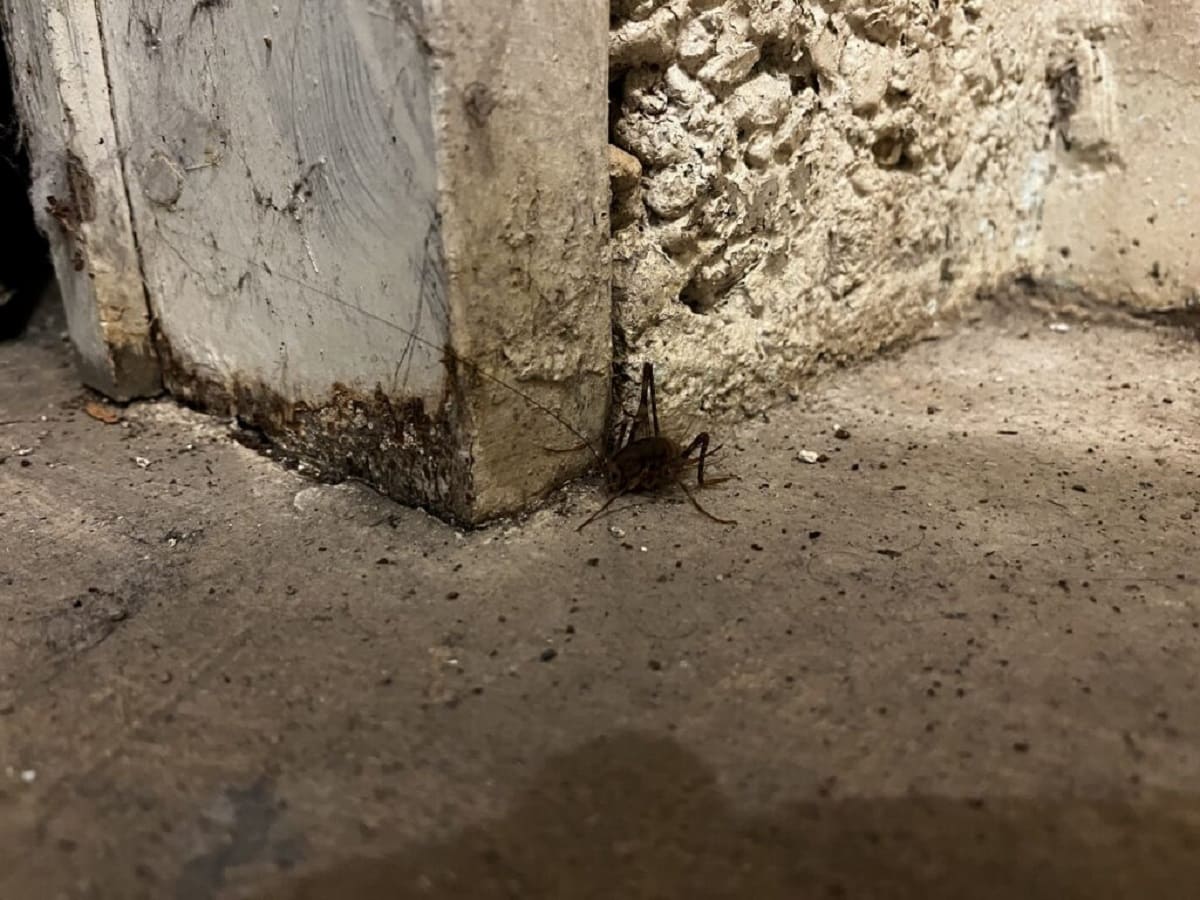
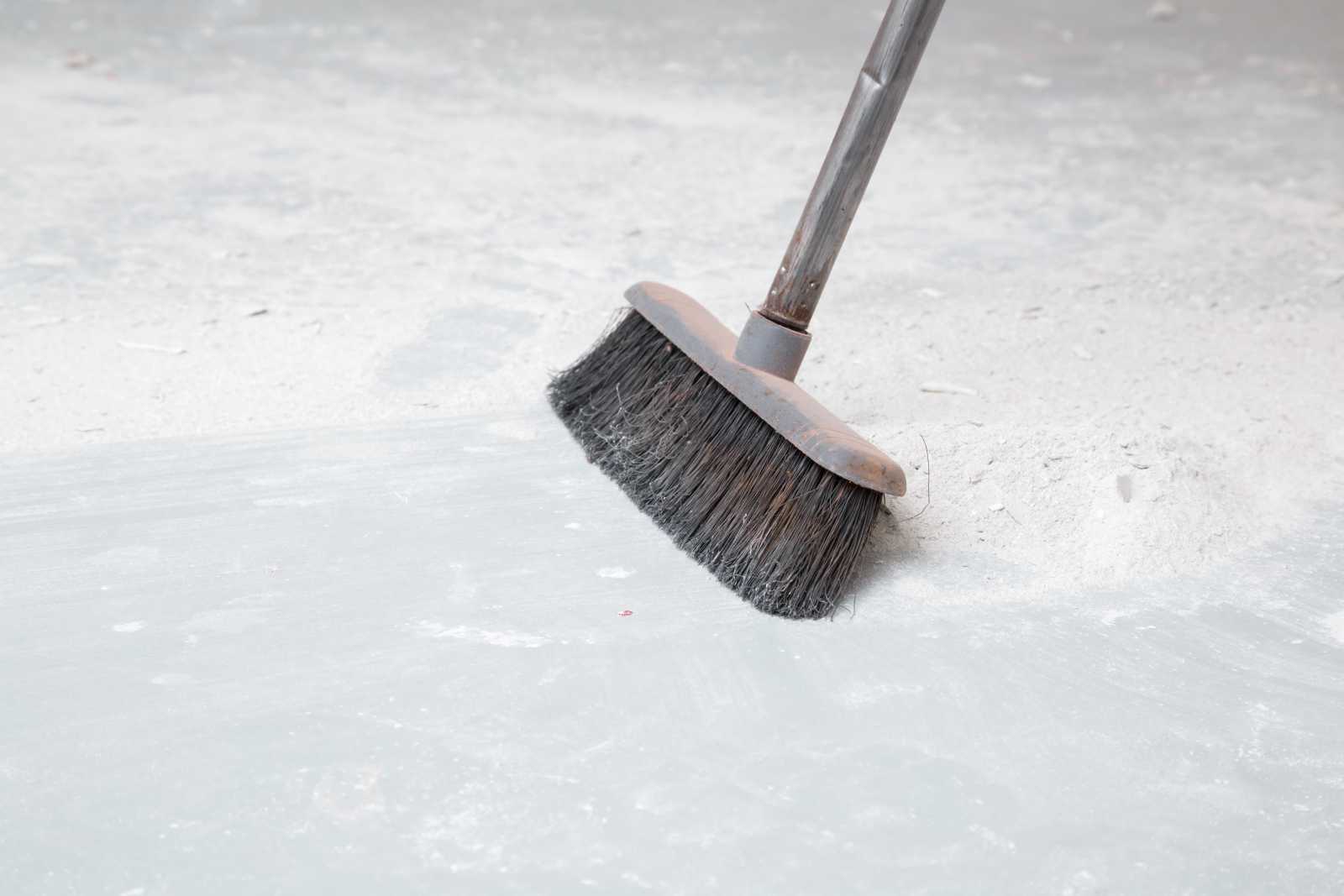

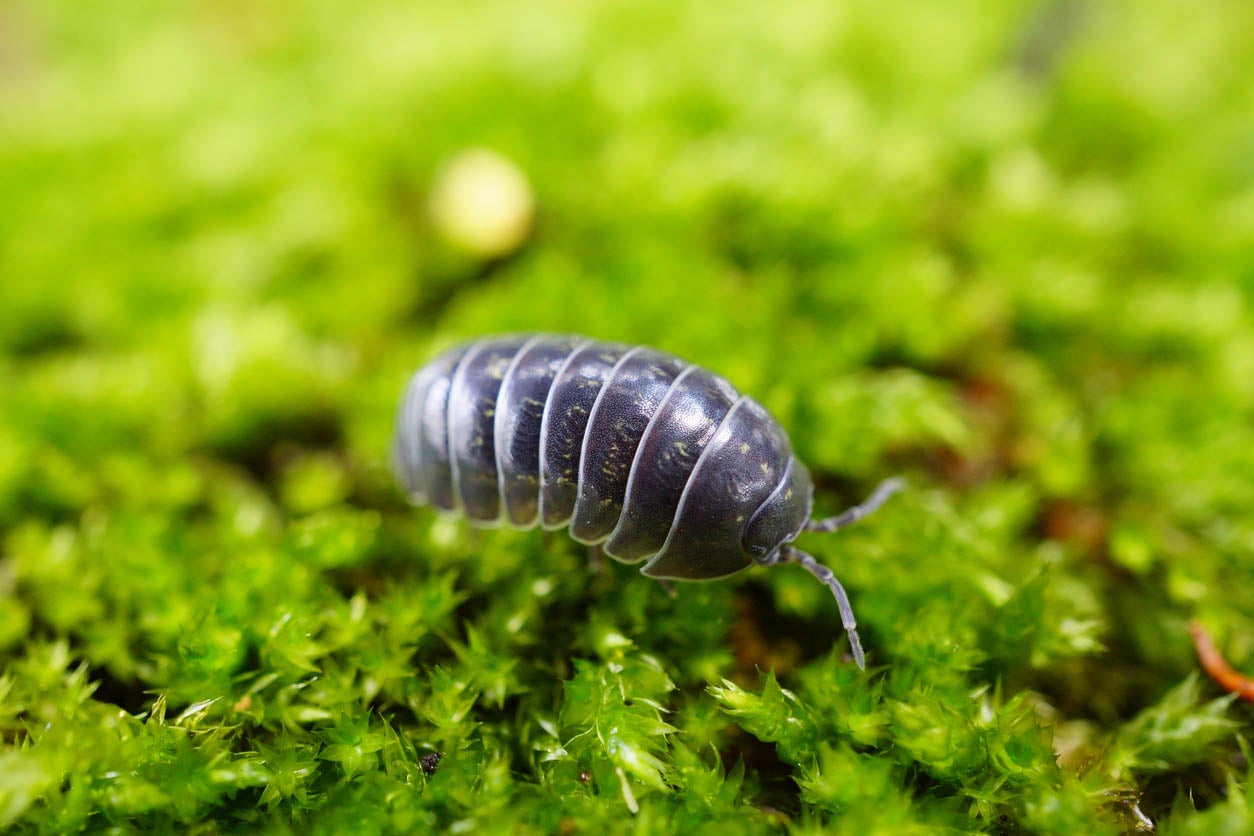
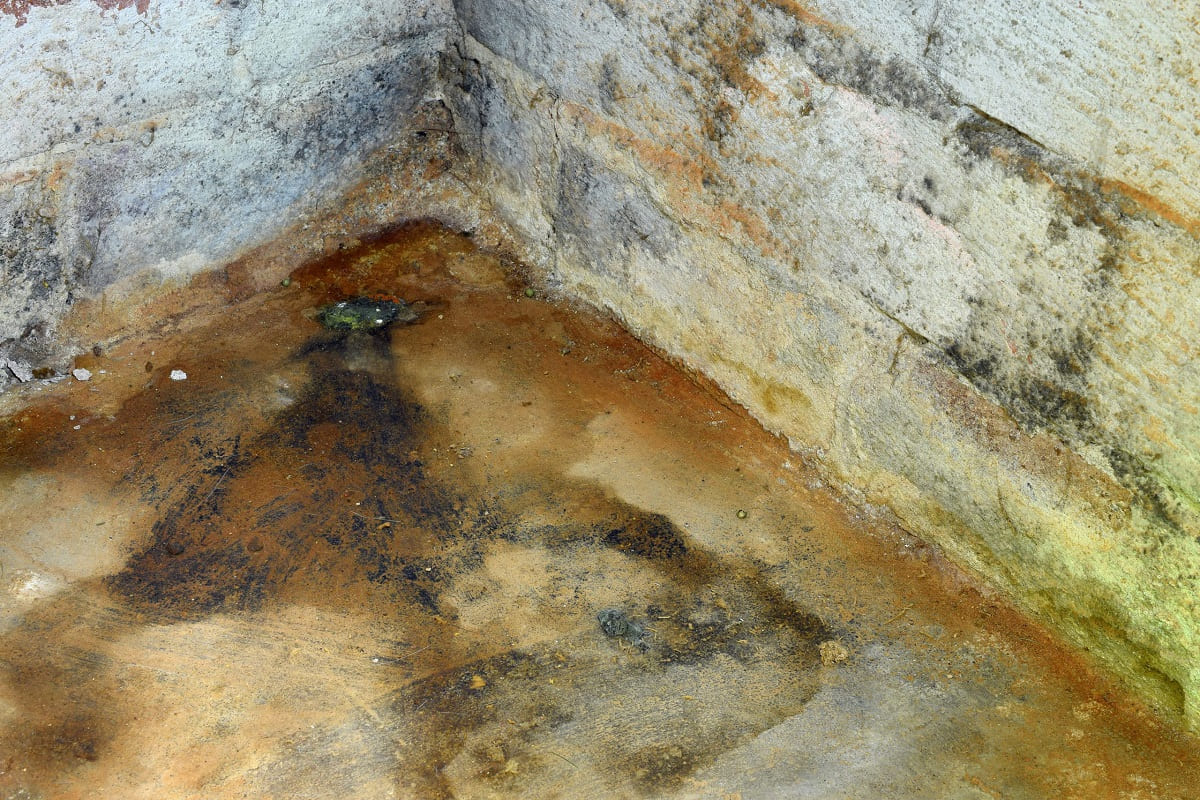
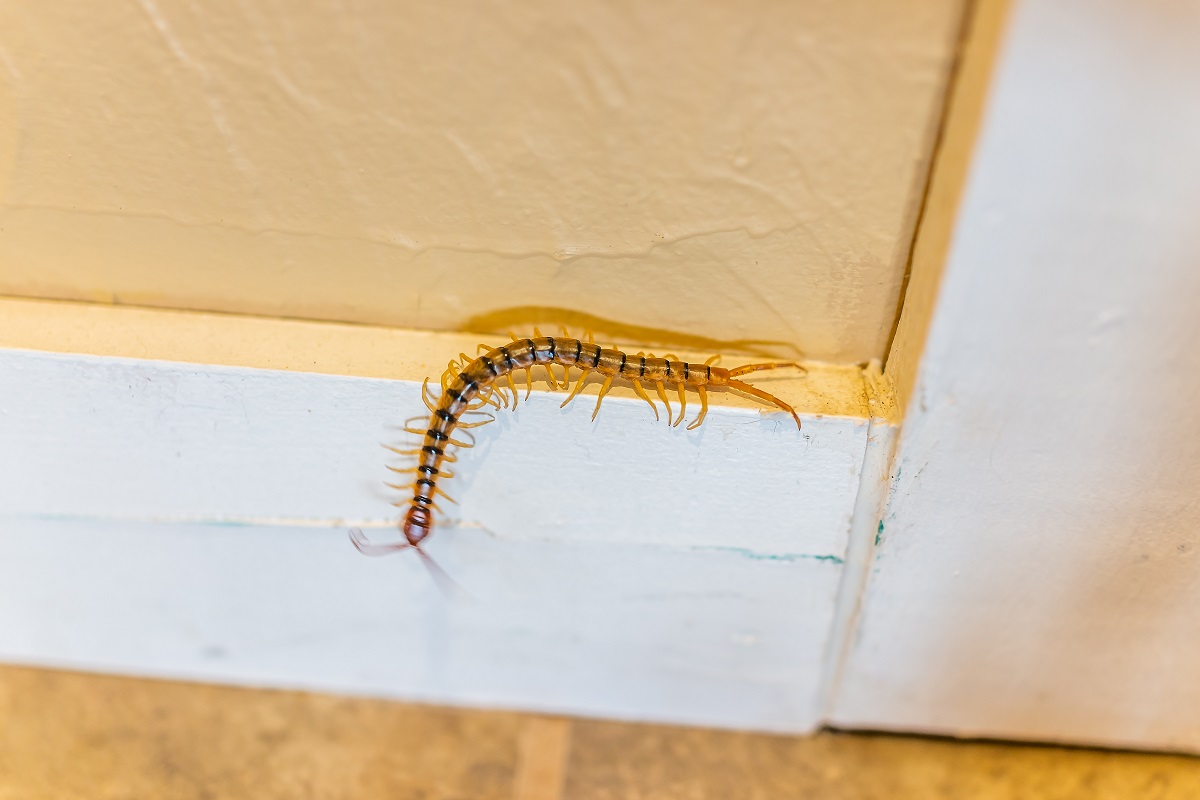
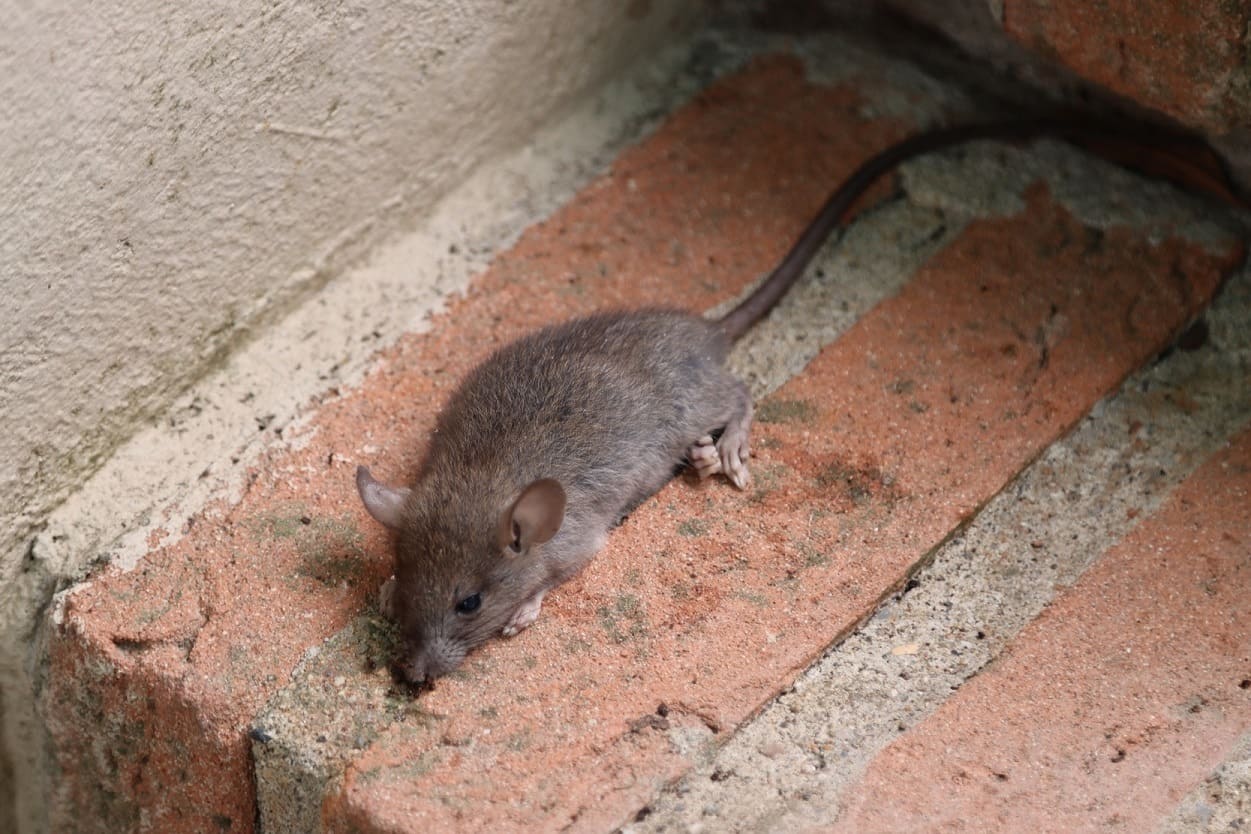


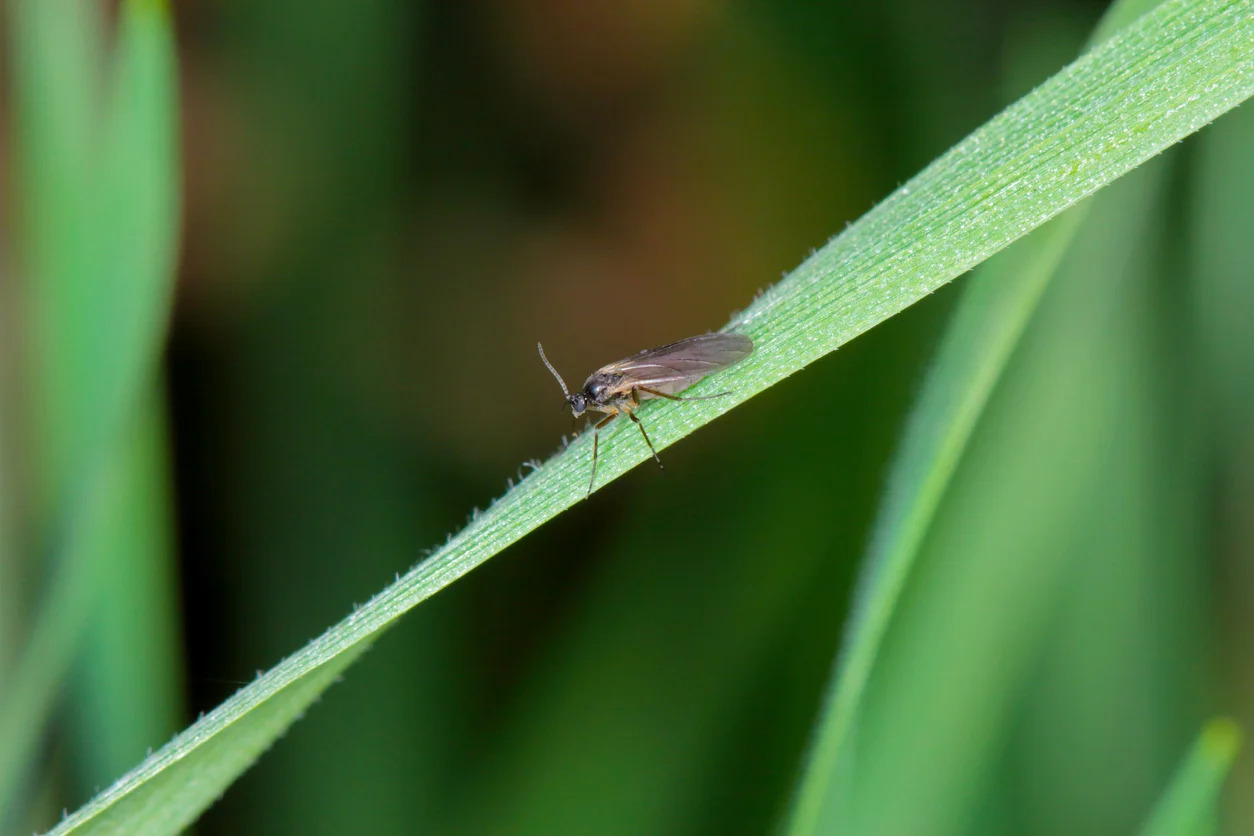

0 thoughts on “How To Get Rid Of Basement Bugs”